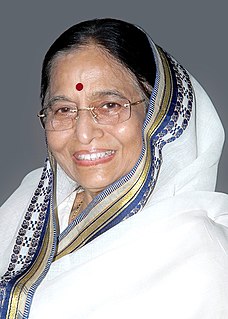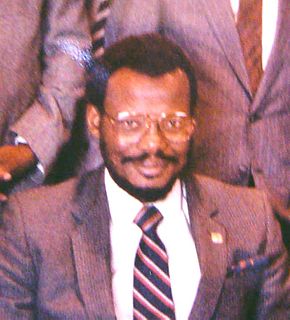A Quote by Francois de La Rochefoucauld
Our own distrust gives a fair pretence for the knavery of other people.
Related Quotes
Certainly each side - the 'absolutists' and the 'constructivists' or 'humanists', as I've labelled them - accuses the other of hubris, and lays claim to humility. I see hubris on both sides: a pretence that we could ascend to an objective account of the world, on the one hand, and a pretence that we have the resources to live and act without a sense of there being something to which we answerable, on the other. So both sides are 'villains'.
I set out with a perfect distrust of my own abilities, a total renunciation of every speculation of my own, and with a profound reverence for the wisdom of our ancestors, who have left us the inheritance of so happy a Constitution and so flourishing an empire, and, what is a thousand times more valuable, the treasury of the maxims and principles which formed the one and obtained the other.
Right now we have millions of people in our country who are suffering in isolation, thinking that they are the only ones who are dealing with drug addiction, who don't realize that on their own block there are other people and families. They think they're alone and they think they're going to be judged and they don't want to talk about it. But when people do come forward and share their stories it's incredibly liberating, and it gives other people permission to tell their stories too.
The subject of contemporary art should include a political dimension, the distrust contemporary art has towards the existing order. One manifestation of this distrust is the mechanical dichotomization between art's form and its political content; the other is the institutionalizing tendency of anti-institutionalization. We almost never resist ourselves - the part of ourselves that has been institutionalized. We have occupied the word "resistance" and have become its owner, while "resistance" has become our servant. Thus, we own "resistance" and occupy it as a position of power.
For what gives value to travel is fear. It breaks down a kind of inner structure we have. Travel robs us of such refuge. Far from our own people, our own language, stripped of all our props, deprived of our masks (one doesn't know the fare on the streetcars, or anything else), we are completely on the surface of ourselves.



































